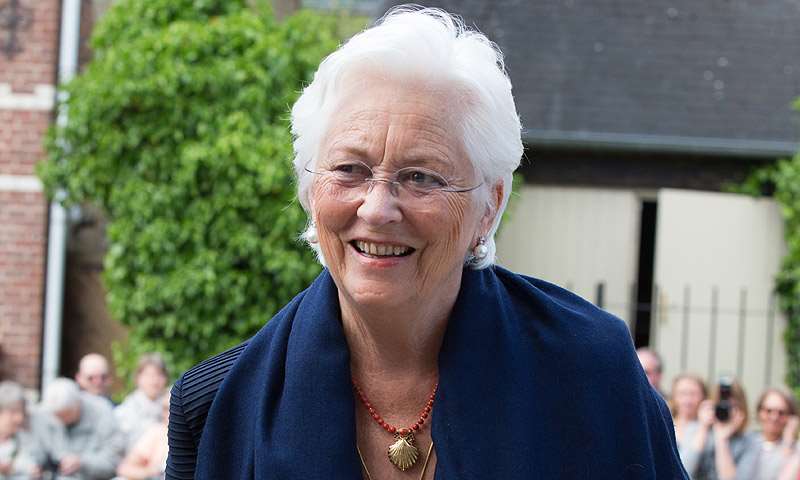The Household Consumption Intention (ICF) indicator rose 0.4% and reached 77.6 points in February, the highest level since May 2020, when the ICF was at 81.7 points. The data were released today (18) by the National Confederation of Trade in Goods, Services and Tourism (CNC). In comparison with February 2021, the increase was 4.6%. According to CNC, the indicator has been below the satisfaction level of 100 points since April 2015, when it stood at 102.9 points.
By income bracket, families earning more than ten minimum wages indicated a level of dissatisfaction of 94.5 points, a decrease of -0.6% in the month and an increase of 10.5% in the annual comparison. The indicator for families with income below ten minimum wages rose 0.7%, reaching 74.0 points. In the annual comparison, there was an increase of 2.9%.
Among the regions, the North had the only monthly decrease in February, with -1.2%, also presenting the lowest indicator, with 58.3 points. The biggest increase occurred in the South, with 1.9%, where families are more confident, with 87.7 points.
Present moment
The current employment indicator showed that 35.1% of respondents felt as secure as last year, a lower proportion than that recorded in January, when they were 35.6%. The proportion was higher than in February 2021 (32.0%). The portion that feels more secure with the job increased from 25.2% in January to 26.8%, a high that has occurred since August. Current employment reached 99.6 points, the highest indicator in the survey in February and also the highest level since May 2020, when it reached 101.7 points.
Current income was considered equal to last year’s 41.0%, down from 41.4% in January and up from 39.1% in February 2021. The improvement in income was noticed by 21.7% this month, compared to 20.4% in January, the highest percentage since June 2020 (21.9%). The indicator stood at 84.9 points, the highest level since May 2020, when it was at 97.6 points.
Consumption
Access to credit deteriorated to 42.4%, compared to 42.9% in the previous month and 40.2% in February 2021, reaching 80.9 points. The current level of consumption was lower than last year to 53.6%, a proportion lower than the 54.1% in January and the 57.3% recorded in February 2021. As a result, the indicator reached 62.4 points.
The share of consumers who believe it is a negative moment for the purchase of durable goods stood at 75.4%, up from 75.0% in the previous month and from 73.6% in February 2021, reaching a level of 43, 5 points, the lowest index of the survey in the month.
Among the families surveyed, 48.9% showed a negative professional outlook in February, down from 50.3% in the previous month and 50.8% in February 2021. The downward trend began in July 2021, with the item reaching 90.8 points.
As for the consumption perspective, 47.1% of families said they believe they will reduce purchases in the next three months, the lowest rate since April 2020, when the proportion was 39.5%. Even so, according to CNC, the indicator reveals a positive perception in relation to current consumption for the coming months, with 80.9 points.
















